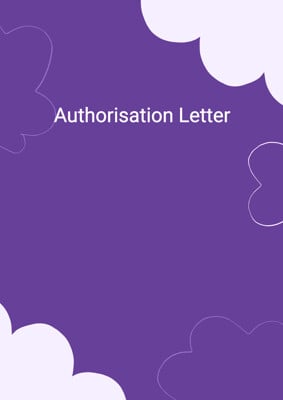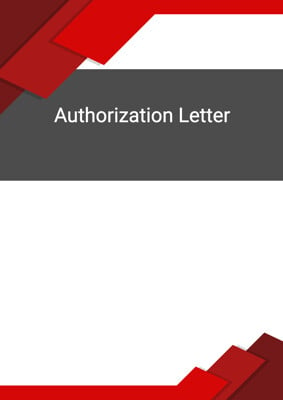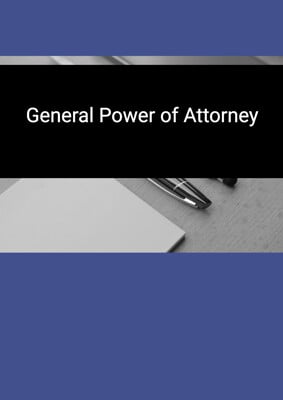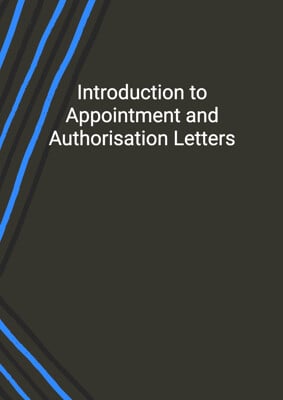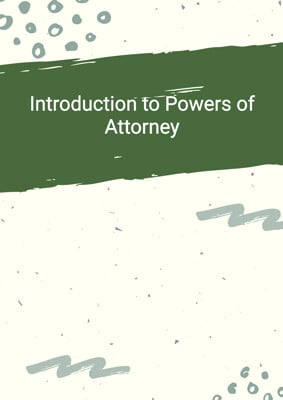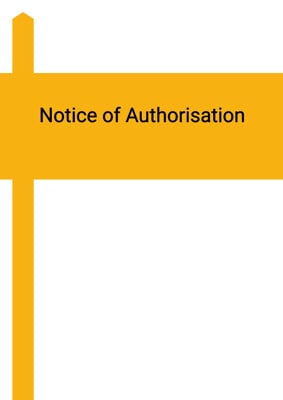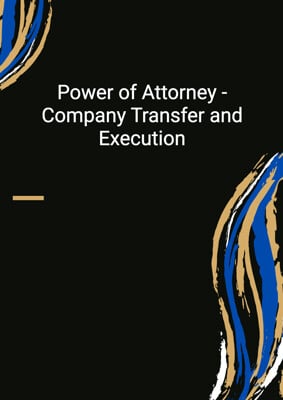How to Tailor the Document for Your Need?
01
Create Document
Fill in the details of the parties. You can click the "Fill with Member’s Information" button to complete it with information saved to your account.
02
Fill Information
Please fill in any additional information by following the step-by-step guide on the left hand side of the preview document and click the "Next" button.
03
Get Document
When you are done, click the "Get Document" button and you can download the document in Word or PDF format.
04
Review Document
Please get all parties to review the document carefully and make any final modifications to ensure that the details are correct before signing the document.
Document Preview
Document Description
The General Agency Agreement is a document that establishes a legal relationship between two parties: the agent and the principal. This agreement is important as it outlines the terms and conditions under which the agent will act on behalf of the principal. It provides a clear understanding of the rights, responsibilities, and obligations of both parties.
The entire document is divided into several sections, each addressing specific aspects of the agreement. The first section is the 'Definitions and Interpretation' section, which clarifies the meaning of certain terms used throughout the agreement. This section ensures that both parties have a common understanding of the terms used.
The second section is the 'Agency Relationship' section, which establishes the agency relationship between the principal and the agent. It outlines the scope of services that the agent will perform on behalf of the principal. It also specifies that the agent's authority is limited to the services defined in the agreement and that the agent cannot bind the principal beyond the scope of these services.
The third section is the 'Agency Fees' section, which addresses the payment terms for the services rendered by the agent. It specifies the amount of the agency fee, the invoicing process, and the payment due date. It also mentions that the agent may incur additional expenses, which will be invoiced separately.
The fourth section is the 'Liabilities and Indemnities' section, which outlines the liabilities and indemnities of both parties. It states that the agent's liability is limited to the amount of agency fees received under the agreement. It also mentions that the principal will indemnify the agent against any liabilities incurred while acting as the principal's agent.
The fifth section is the 'Term and Termination' section, which specifies the duration of the agreement and the conditions under which it can be terminated. It mentions that the agreement will continue until the completion of the services, unless terminated earlier by either party.
The sixth section is the 'Variation and Severability' section, which addresses the possibility of amending or varying the agreement. It states that any amendment or variation must be in writing and duly executed by both parties. It also mentions that if any provision of the agreement is held to be invalid or unenforceable, it will not affect the validity of the remaining provisions.
The seventh section is the 'Counterparts' section, which states that the agreement can be executed in multiple counterparts, each of which will be considered an original.
The eighth section is the 'Governing Law and Jurisdiction' section, which specifies the governing law and jurisdiction for any disputes arising from the agreement.
The ninth section is the 'No Rights under Contracts for Third Parties' section, which clarifies that only the parties to the agreement have the right to enforce its terms.
The tenth section is the 'Notices and Service' section, which outlines the requirements for giving notices under the agreement. It specifies the methods of service and the deemed time of service for each method.
In conclusion, the General Agency Agreement is a comprehensive document that establishes the agency relationship between the principal and the agent. It covers various aspects such as definitions, scope of services, payment terms, liabilities, termination, and more. It is essential for both parties to carefully review and understand the terms and conditions outlined in the agreement.
How to use this document?
1. Review the entire document to understand the terms and conditions of the General Agency Agreement.
2. Pay attention to the 'Definitions and Interpretation' section to familiarize yourself with the meaning of certain terms used throughout the agreement.
3. Understand the 'Agency Relationship' section, which outlines the scope of services that the agent will perform on behalf of the principal. Note that the agent's authority is limited to the services defined in the agreement.
4. Take note of the 'Agency Fees' section, which specifies the amount of the agency fee, the invoicing process, and the payment due date. Be aware that the agent may incur additional expenses, which will be invoiced separately.
5. Familiarize yourself with the 'Liabilities and Indemnities' section, which outlines the liabilities and indemnities of both parties. Understand that the agent's liability is limited to the amount of agency fees received under the agreement.
6. Review the 'Term and Termination' section to understand the duration of the agreement and the conditions under which it can be terminated. Note that the agreement will continue until the completion of the services, unless terminated earlier by either party.
7. Take note of the 'Variation and Severability' section, which addresses the possibility of amending or varying the agreement. Understand that any amendment or variation must be in writing and duly executed by both parties.
8. Understand the 'Counterparts' section, which states that the agreement can be executed in multiple counterparts, each of which will be considered an original.
9. Review the 'Governing Law and Jurisdiction' section to understand the governing law and jurisdiction for any disputes arising from the agreement.
10. Finally, be aware that only the parties to the agreement have the right to enforce its terms, as stated in the 'No Rights under Contracts for Third Parties' section.
Please note that this guidance provides a brief overview of the document and its key points. It is important to carefully read and understand the entire agreement before using it in practice.
Not the right document?
Don’t worry, we have thousands of documents for you to choose from:








